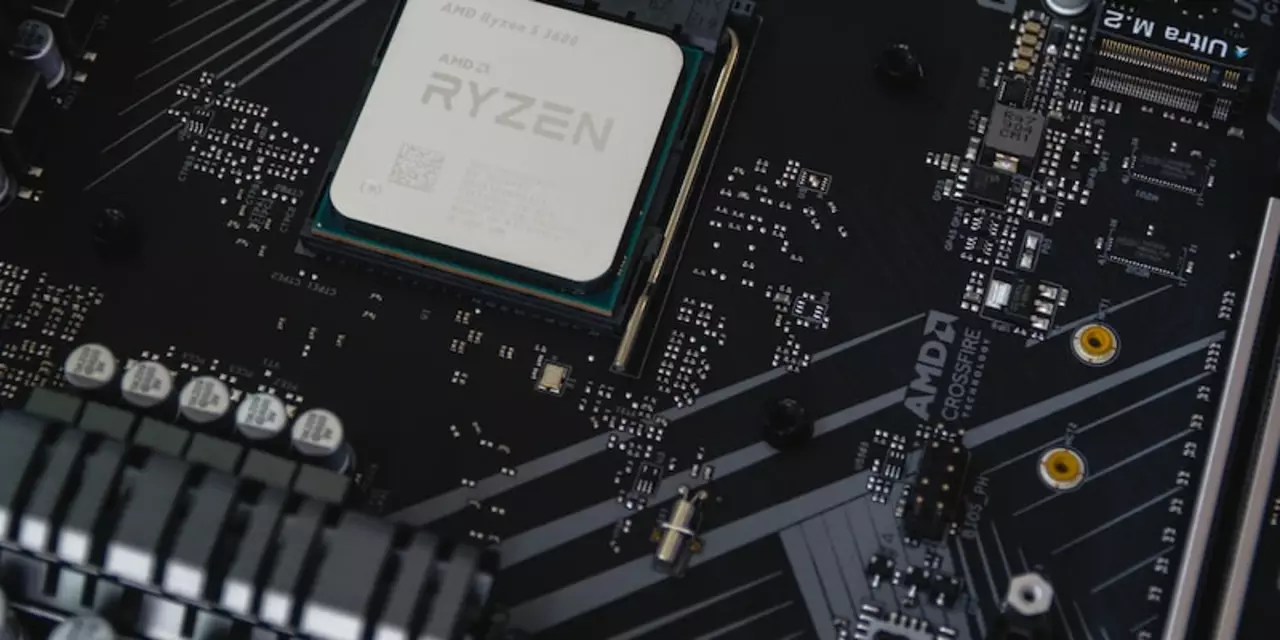Computing Made Simple: Handy Tips for Everyday Tech
Ever feel like tech is moving faster than you can keep up? You’re not alone. On this page we gather the most practical computing ideas from our articles so you can grab a useful tip in under a minute. No jargon, no fluff – just the stuff that helps you get things done.
First off, ask yourself: how much of your day is actually spent on tech? From checking emails on a phone to scrolling through news on a laptop, the answer is usually a lot. That’s why a small tweak – like turning off auto‑play on videos – can free up minutes you didn’t know you had. It’s the same principle behind our post “What was life before without science and technology?” where we compare the old‑school routine with today’s digital overload.
Boost Your Tech Skills in Minutes
If you wonder whether technology creates jobs, the short answer is – it reshapes them. Our piece “Does technology create jobs?” breaks it down: automation may replace some roles, but new jobs pop up that need fresh skills like coding or data analysis. The good news? You can start learning those skills for free. Websites like Codecademy or Khan Academy let you dabble in coding for 10‑15 minutes a day. Even learning a new keyboard shortcut can speed up your workflow dramatically.
Not feeling tech‑savvy? You’re probably not a technophobe – you just haven’t found the right entry point. The article “What do you call someone who is bad with technology?” reminds us that everyone has strengths elsewhere. Pick one tiny task – maybe setting a smart alarm or organizing files into folders – and master it. Once you’re comfortable, move on to the next little thing.
Stay Updated with the Latest Tech News
Keeping up with tech news doesn’t have to mean scrolling endless feeds. Our roundup “What is the latest technology news in India?” shows how to focus on three big trends: digital payments, electric vehicles, and AI research. Choose one theme that matters to you, set a Google Alert, and read the headline summary each morning. You’ll stay informed without drowning in information.
Another quick win is to follow a single reliable source for daily updates – a newsletter, a YouTube channel, or even a podcast. You’ll get a concise briefing, and you can decide later if you want to dig deeper.
Finally, remember that computing is about solving real problems, not just collecting gadgets. When you read posts like “Why is technology information so important?” you’ll see how staying informed fuels better decisions at work, at school, and at home. Use that knowledge to tweak your own routines: set a timer for screen time, automate bill payments, or explore a new app that tracks habits.
Bottom line: small, consistent actions add up. Pick one tip from this page, try it today, and watch how much smoother your digital life becomes. Got a favorite hack that isn’t listed? Share it in the comments – the community thrives on fresh, practical ideas.

Quantum computing or Neuromorphic chips?
Feb, 15 2023